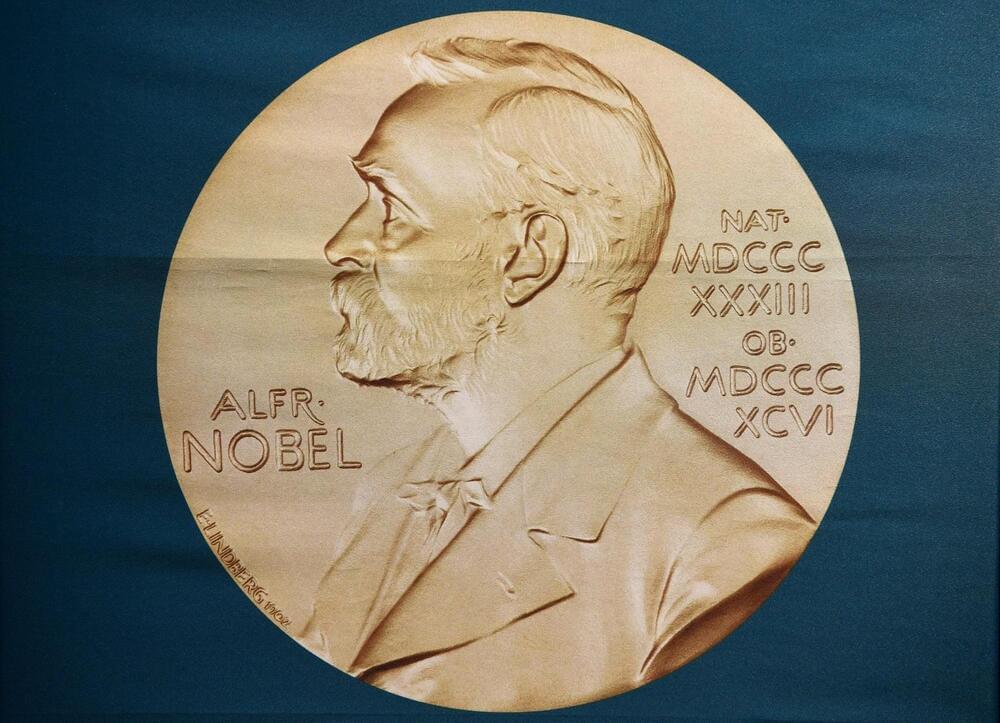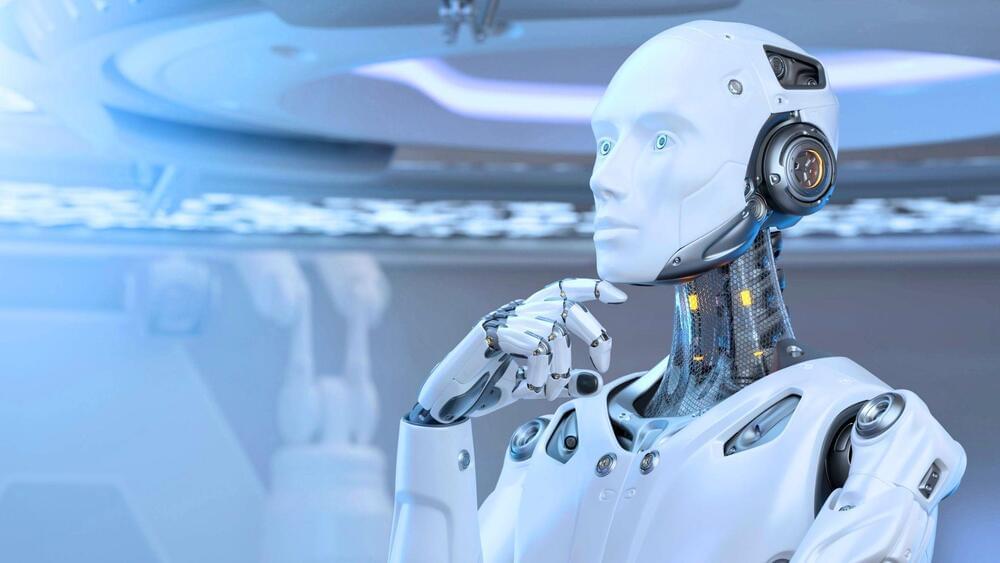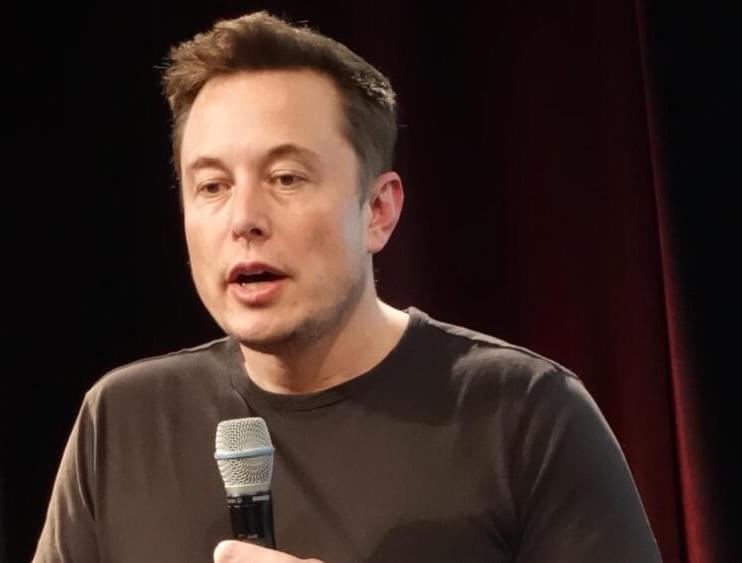Up until that moment, Tokelau, formally a territory of New Zealand, didn’t even know it had been assigned a ccTLD. “We discovered the.tk,” remembered Aukusitino Vitale, who at the time was general manager of Teletok, Tokelau’s sole telecom operator.
Zuurbier said “that he would pay Tokelau a certain amount of money and that Tokelau would allow the domain for his use,” remembers Vitale. It was all a bit of a surprise—but striking a deal with Zuurbier felt like a win-win for Tokelau, which lacked the resources to run its own domain. In the model pioneered by Zuurbier and his company, now named Freenom, users could register a free domain name for a year, in exchange for having advertisements hosted on their websites. If they wanted to get rid of ads, or to keep their website active in the long term, they could pay a fee.
In the succeeding years, tiny Tokelau became an unlikely internet giant—but not in the way it may have hoped. Until recently, its.tk domain had more users than any other country’s: a staggering 25 million. But there has been and still is only one website actually from Tokelau that is registered with the domain: the page for Teletok. Nearly all the others that have used.tk have been spammers, phishers, and cybercriminals.









